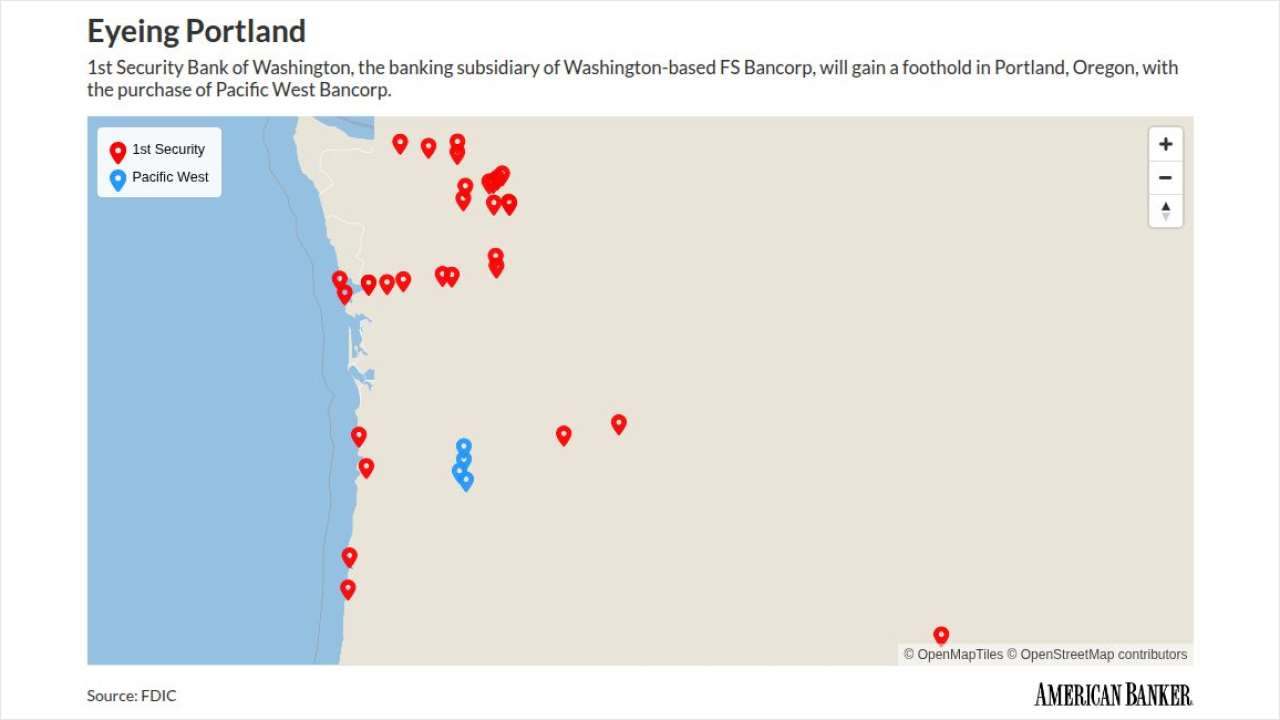Bank employees who sell mutual funds would be able to obtain the same seal of approval given to their counterparts at securities firms under a proposal released by federal regulators Wednesday.
Processing Content
After years of negotiations, the three banking agencies finally convinced the National Association of Securities Dealers to let bank employees earn licenses by taking Series 6 or Series 7 tests.
The Series 6 test qualifies brokers to sell mutual funds and variable annuities. Series 7 is a more rigorous test that yields a full-fledged brokerage license.
The deal with NASD would allow the banking agencies to continue policing bankers.
Under the proposal, about 3,000 employees at 300 banks would take the NASD's exams. That number is relatively small because 85% of the 2,000 banks that sell securities to retail customers rely on registered sales people in affiliated or unaffiliated broker-dealers.
Industry representatives applauded the proposed rule, saying bankers would finally be able to demonstrate to consumers that they are as qualified to sell securities as nonbank brokers.
"To be competitive, you've got to be able to demonstrate the same level of professionalism and certification as a nonbank competitor," said Lawrence G. Baxter, senior vice president of Wachovia Corp. "These tests require quite a rigorous training program, and until employees have been through that, the public doesn't have a guarantee that they are qualified."
"Bank employees who sold securities products ... could not prove to the public that their training and qualifications met industry standards," noted Donald G. Ogilvie, executive vice president of the American Bankers Association. "Now they can."
The industry has been urging NASD to allow bank employees take the exams since 1989. However, the self-regulatory agency was concerned it would lose jurisdiction over the tests. NASD relented this year after banking regulators agreed to let the agency administer the tests. NASD also insisted that every bank employee selling securities take one of the tests.
The proposal also is expected to help banks retain qualified personnel. Some banks have hired certified brokers away from securities firms, but have been unable hang on to them. That's because brokers lose their certification after two years.
Regulators praised the proposal as a plus for banks and consumers.
"The public will get a better sense of protection, and the bank will be able to avail itself of this training and testing," said Comptroller of the Currency Eugene A. Ludwig.
Federal Deposit Insurance Corp. Chairman Ricki Helfer added: "This rule will enhance consumer protection by assuring bank customers that the securities representatives they deal with have adequate training and knowledge of the uninsured products they sell."
Consumer group representatives agreed with Ms. Helfer, but were disappointed that the plan did not bring bank employees under the same customer protection rules that nonbank brokers must follow.
"Anytime there is a movement toward more education and training, it is a step forward," said Mary Griffin, insurance counsel for Consumers Union. "But consumers will still have greater protections when they are purchasing from a broker-dealer."
Ms. Griffin said securities regulators have tougher suitability requirements.
Under the proposal, bank employees with broker licenses would be listed in NASD's Central Registration Depository, the securities industry's main licensing and enforcement data base. They also would be required to comply with continuing education requirements.
For example, bank brokers would have to complete a training program on securities industry regulations on the second, fifth, and 10th anniversaries of their Series 6 or 7 certification.





